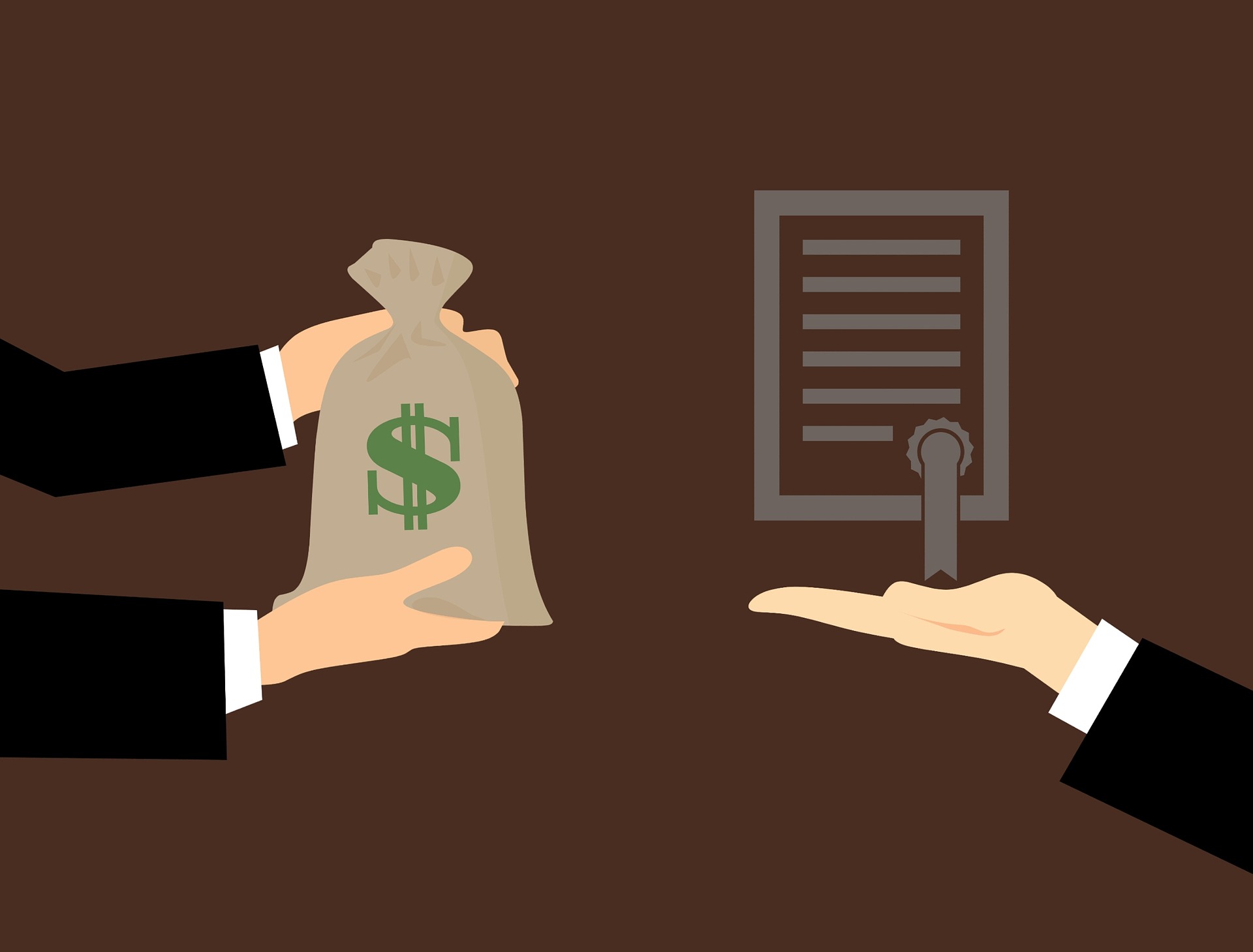
A person losing himself in a mound of ever-increasing debts which he cannot pay back on the due dates is in a tremendous financial crisis, one that is snowballing out of control. If you are in this sort of a situation, you should perhaps be looking into consolidating your debts as a solid option to alleviate your woes. All your loans, credit cards and other lines of credit get “consolidated” or clubbed up into a single large loan with a lowered interest rate and lower monthly payments which make it easier for you to pay it back. That said the situation isn’t nearly as utopian as it seems, and needs to be understood critically before diving right into it.
There are quite a few traps which an unsuspecting debtor could fall into when signing up for consolidation. If these are not tackled properly, they might nullify or at least diminish the long and short term benefits of consolidating your debts. At all times, you must remember that consolidation is like a bandage, meaning it only simplifies your issues and does not eliminate them. You have got to tread lightly and carefully to ensure you do not take any wrong step.
Trap #1: Not Acknowledging the Root Cause
One of the top reasons for applying for consolidation is that a consumer was not able to curb his spending habits despite being in debt, and this caught up with him. While consolidation might help you get out of the existing debts after a good deal of time and work, it is important to also work towards curbing the issue and nipping it in the bud so that you do not fall into the same situation yet again. Mass lifestyle changes would be needed to accommodate the philosophy of wise spending and budgeting.
You must understand that consolidation is available as an option only if your combined debt amount exceeds $10,000. It is obvious that such a large debt could not have appeared overnight. You must be honest, cut the denial and admit all the mistakes that you have made over the years. There is no shame in facing your weaknesses, and it is perfectly alright for you to seek professional help with credit counselors and financial advisers who can look into your spending pattern and help you with budgeting and other issues. You should identify areas where you have been overspending, find ways to cut down, and then put your plans into action. Sacrifices will be needed, but in the end, these will be your salvation. Keep tracking your spending, and see how it changes with time.
Trap #2: Lack of Research
Before you commit to anything, it is vital that you look into and fully understand all aspects of what you are getting into. Take as much time as you need to do your research, but find out all there is to find. There are many ways to implement debt consolidation. Unsecured or secured loans, transferring outstanding debt onto a new or existing line of credit or even pooling debt on a balance transfer for a credit card; there are several mechanisms, each with its perks and pitfalls. You must definitely look into the terms and pick the one most suited to your situation.
Trap #3: Getting the Wrong Debts Consolidated
Most consumers think consolidation has to be the cure for everything and go ahead to consolidate all their debts blindly. In doing this, they unwittingly obliterate even the loans which offer very low interest rates like student debt as well as low-interest credit cards. This makes no sense in the long run and actually ends up hurting you. It is, therefore, vital that you look into all your debts and categorize them according to interest rate so that you consolidate only the medium-high rate debts and leave the low balance or low-interest loans alone.
Conclusion
Consolidation is undoubtedly a boon, but only if implemented properly in association with any trustworthy and capable firm. Once you sign up for consolidation, the next step would be to look into your own spending patterns, fix them and start rectifying your mistakes one by one to get on the road to a new, debt-free life.
Author Bio: Calvin Gordon is a finance consultant and debt management advisor for individual clients as well as businesses. He has extensively studied a number of topics related to debt and finance and has featured debt consolidation and bankruptcy states in his latest set of blog posts.









